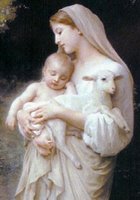Q. Why would a Lutheran pastor say that a baptism held by the Mormon church might not hold true with all of Christianity?
The best place to go for the answer to this question is a Lutheran pastor. There could be many reasons he would hold such a position, and I don’t pretend to know the ins and outs of Lutheran doctrine. However, I will tell you about our beliefs regarding baptism, so that when you talk to the pastor you will be moderately well-informed (in case he doesn’t know the ins and outs of Mormonism).
One thing I want to make clear: baptism is a covenant between an individual and his Heavenly Father. It is not a covenant with the rest of Christianity. Whether any other denomination accepts my baptism is immaterial if I know that it was authorized by God.
But which baptisms does He authorize? I’ll get to that in a moment; first, I’d like to shed a little light on what baptism means and why we do it.
The purpose of baptism
Baptism is found among the very first principles and ordinances of the gospel: faith in Jesus Christ, repentance, baptism, and receipt of the gift of the Holy Ghost. Baptism is a token of faith in Christ, and a sign that we have repented of our sins. It is also a prerequisite to receiving the gift of the Holy Ghost as a daily, constant companion.
Like I mentioned above, baptism is a covenant (or contract) with God. We promise to take upon us the name of Jesus Christ, become one of His people, and to serve God and keep all of His commandments. He promises to forgive us of our sins, to guide us through the Holy Spirit, and to give us eternal life. After baptism, we must be faithful to the promises we made.
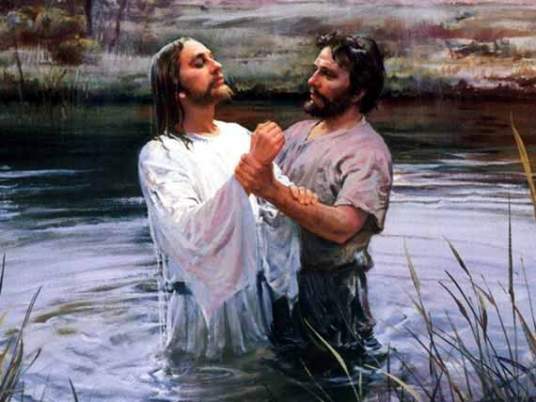 Baptism by water is the gateway to the straight and narrow path leading home to God. Jesus taught, “Except a man be born of water and of the Spirit, he cannot enter into the kingdom of God” (John 3:5). Being baptized is not optional for salvation. Even Jesus Christ, the holy and perfect Son of God, made this covenant with His Father when He was baptized by John. Why? Nephi, from the Book of Mormon teaches us:
Baptism by water is the gateway to the straight and narrow path leading home to God. Jesus taught, “Except a man be born of water and of the Spirit, he cannot enter into the kingdom of God” (John 3:5). Being baptized is not optional for salvation. Even Jesus Christ, the holy and perfect Son of God, made this covenant with His Father when He was baptized by John. Why? Nephi, from the Book of Mormon teaches us:
“Notwithstanding he being holy, he showeth unto the children of men that, according to the flesh he humbleth himself before the Father, and witnesseth unto the Father that he would be obedient unto him in keeping his commandments” (2 Nephi 31:7).
Baptism must be done in the right way
How can you be sure your baptism was authorized by God? First, it must be done in the right way.
When Jesus appeared to the people in America (in the Book of Mormon), He very first taught them who He was, followed by detailed instructions on how to properly baptize:
“Behold, ye shall go down and stand in the water, and in my name shall ye baptize them. And now behold, these are the words which ye shall say, calling them by name, saying: ‘Having authority given me of Jesus Christ, I baptize you in the name of the Father, and of the Son, and of the Holy Ghost. Amen.’ And then shall ye immerse them in the water, and come forth again out of the water” (3 Nephi 11:23-26).
We’ll talk more about that phrase, “Having authority given me of Jesus Christ” in the next section.
Immersion in water is a key component of baptism. The very word “baptize” comes from the Greek word baptizein, meaning “to immerse.” Immersion is a symbol of death and burial. It represents both the death of our old, sinful life and the death and entombment of the Savior. We come out of the water to symbolize resurrection and rebirth. We have a new, clean life ahead of us. Baptism allows us to start with a clean slate.
Another key to proper baptism is accountability. Baptism must be administered to individuals who understand right and wrong. They must be capable of making and keeping this important covenant with God. Baptism of babies is not only unnecessary — because “little children are alive in Christ” (Moroni 8:12), and “of such is the kingdom of God” (Matthew 19:14) — it is condemned. Babies are whole; they are not capable of committing sin. It is a wicked thought to say that one baby is saved and another condemned because the parents baptized the first and not the second (see Moroni 8).
Baptism must be done by authority
“We believe that a man must be called of God, by prophecy, and by the laying on of hands by those who are in authority, to preach the Gospel and administer in the ordinances thereof” (Article of Faith 5). We call this God-given authority ‘Priesthood.’ It is what allows a baptism on earth to be counted in heaven.
Not everyone holds the priesthood, though. After the deaths of the twelve Apostles, the authority to baptize was lost for hundreds of years.
The Lord never intended for it to be lost forever. When Joseph Smith was translating 3 Nephi 11, where it mentions, “Having authority given me of Jesus Christ…” he and his scribe, Oliver went to the banks of the Susquehanna river to ask the Lord for more information about this authority.
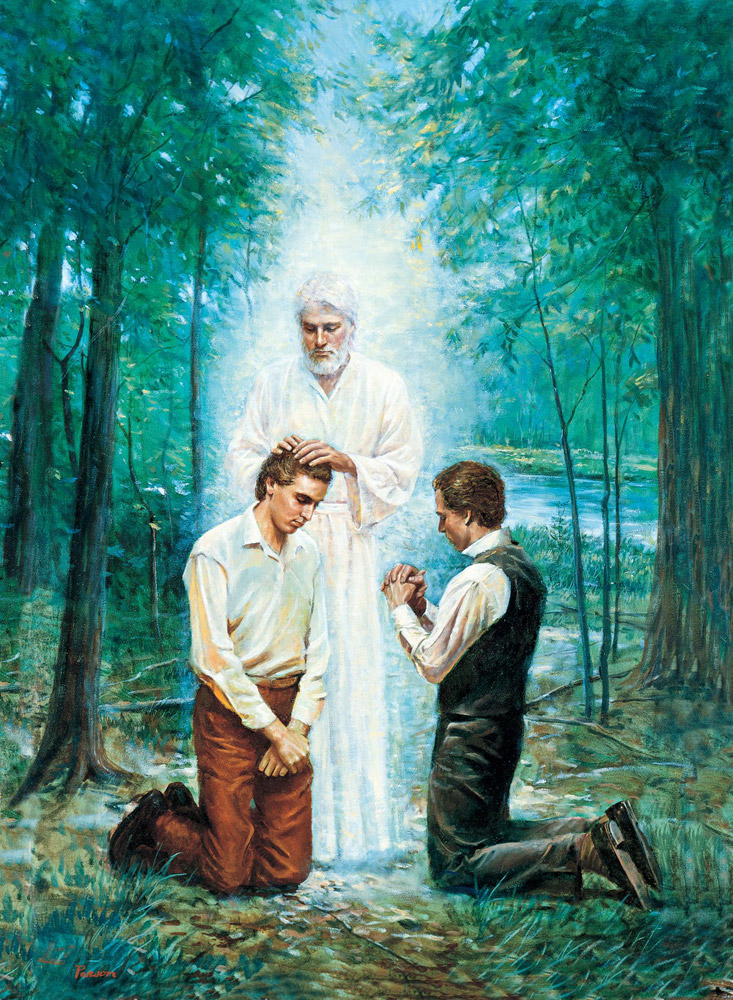 An angel appeared to them both. He said he was John the Baptist, and laying his hands on their heads, he said, “Upon you my fellow servants, in the name of Messiah I confer the Priesthood of Aaron, which holds the keys of the ministering of angels, and of the gospel of repentance, and of baptism by immersion for the remission of sins…” (Doctrine & Covenants 13).
An angel appeared to them both. He said he was John the Baptist, and laying his hands on their heads, he said, “Upon you my fellow servants, in the name of Messiah I confer the Priesthood of Aaron, which holds the keys of the ministering of angels, and of the gospel of repentance, and of baptism by immersion for the remission of sins…” (Doctrine & Covenants 13).
The priesthood authority for baptism has been passed down from the prophet Joseph through the laying on of hands ever since. The Church of Jesus Christ of Latter-day Saints is today the only church with the power to authoritatively baptize anyone for the remission of sins. This is the reason we send missionaries all over the world, including to the doors of faithful Christians. We hope to take the preparation of the gospel they’ve received and supplement it with the restored priesthood power and revelations from a living prophet.
We make baptism available to any who desire it. Please contact your local missionaries to set up an authorized baptism for yourself and your family.



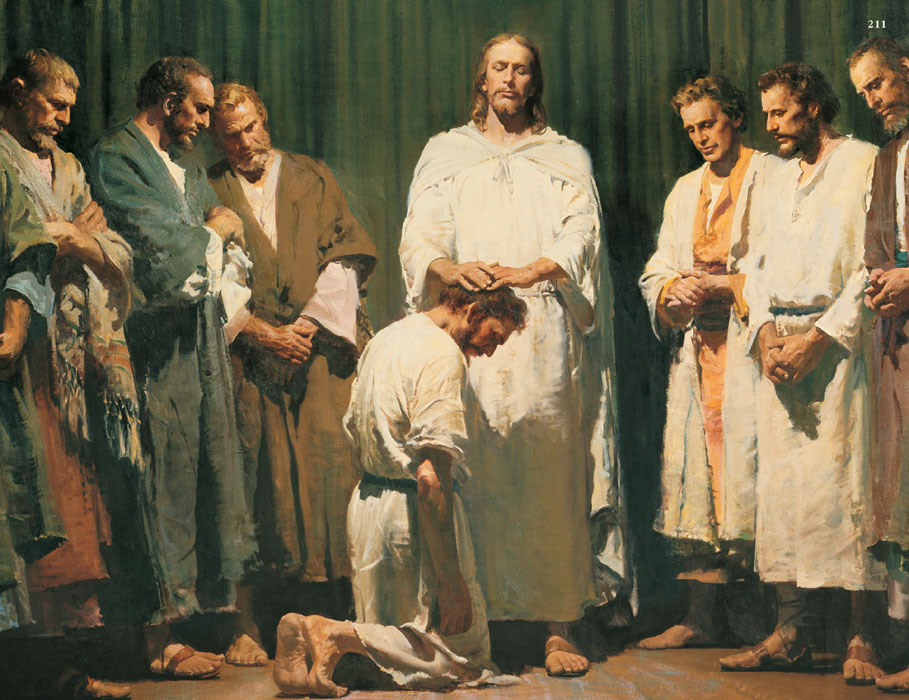
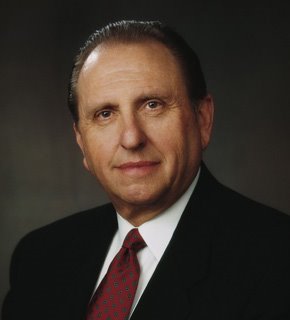
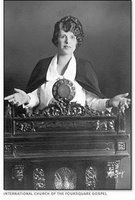 Well, the Church’s position is that women are very capable leaders. The women’s organization (Relief Society) is led by 4 women (president, 1st counselor, 2nd counselor, secretary) with the same organization in the Primary (children’s classes). Women also lead the teenage girls (Young Women Organization) in the same fashion. Women give sermons for the whole church, and they teach Sunday school lessons. However, the main body of the congregation (called a ward, or a branch) is led by men.
Well, the Church’s position is that women are very capable leaders. The women’s organization (Relief Society) is led by 4 women (president, 1st counselor, 2nd counselor, secretary) with the same organization in the Primary (children’s classes). Women also lead the teenage girls (Young Women Organization) in the same fashion. Women give sermons for the whole church, and they teach Sunday school lessons. However, the main body of the congregation (called a ward, or a branch) is led by men.